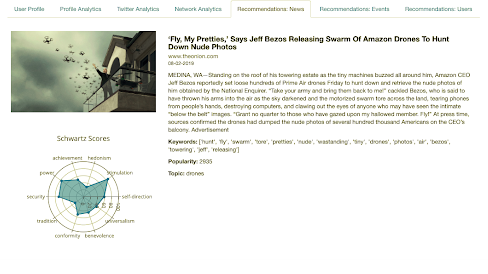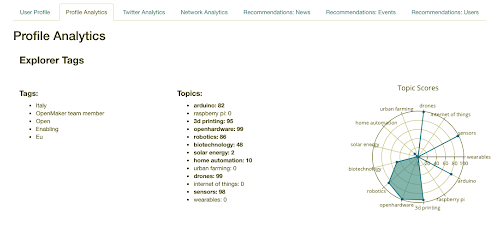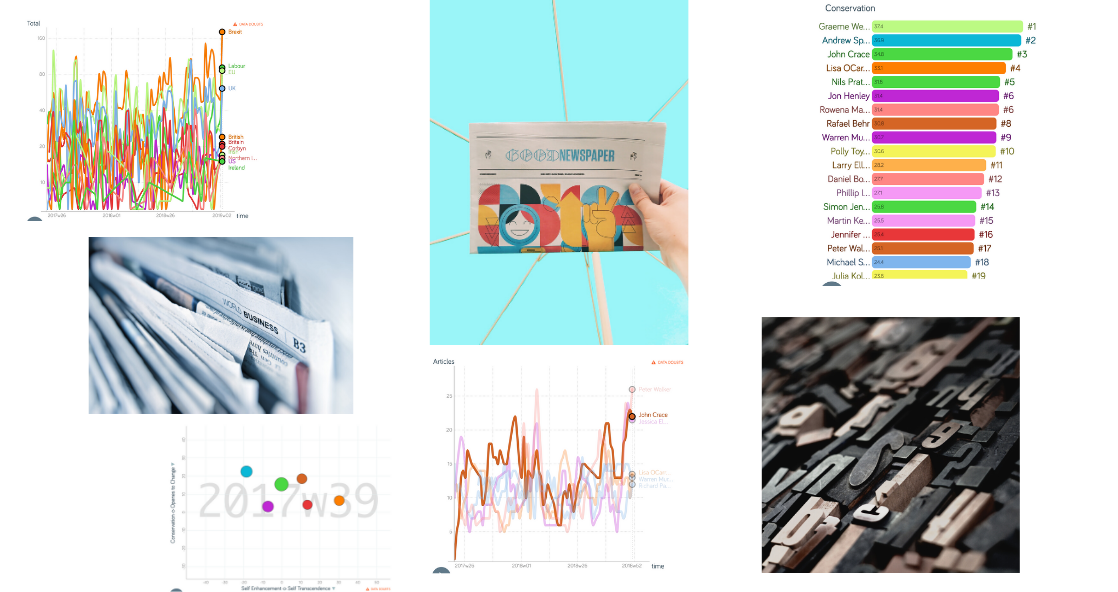Machine learning, Data Mining, Algorithms, Artificial Intelligence, Deep Learning … have already become household concepts among the well read.
Here at Social-i we’ve been dealing with “Big Data” for 20+ years. Whether through our founder, Dr. Hamza Zeytinoglu’s pioneering efforts in health informatics at Harvard Medical School and Cambridge Health Alliance in the early days, and his later efforts in creating efficiency and effectiveness with pioneering cloud-computing applications for the NHS in the UK with his partners at Pathway Solutions, or in examining multiplier effects in financial markets interpersonal relations in the boards of global fortune-50 banking conglomerates with Stefano Battiston, PhD … Big Data has been our “business” for a while. So it’s fair to say, without touting our horn, that we have some expertise.
Currently, the “DNA,” the very core of the Social-i is to empower effective collective social action, through personal discovery and enactment. We believe in the age old adage of the Delphi oracle: “Know Thyself!” and from there, be true to thyself by enacting what you believe to be true. When such self-knowledge is matched by realistic understandings of the world, one can act effectively. And when one is able to mobilize with and together, the power of numbers and the group become manifest. Social-i endeavours to provide just such tools to the individuals, groups and organisations it serves.
Memescapes: Value-meme Analytics
At Social-i we developapplications to determine which universal values authors narrate from in any given text and context. We scan thousands of articles in key topics and visually map the the value preferences of any given new source or author on a daily basis. Comparing various news sources from different countries, mapping them to events and applying NLP (Natural Language Processing) driven sentiment,emotions and stance analysis and more, opens up a brand new venue for better understanding of the MemeScapes we follow and interact in as our individual and organisational ecology. Find answers to questions like:
- What are the preferred values systems of authors and news sources?
- How do these evolve over time and in response to events?
- How does it all change based on context or eventualities?
- Which psychosocial profile of authors are more interested with my issues/ brand/ organization/ country?
- How do their writings represent issues, and how are they received by readership with a given worldview?
Examples of Value Maps of given articles according to the Schwartz value scale:















